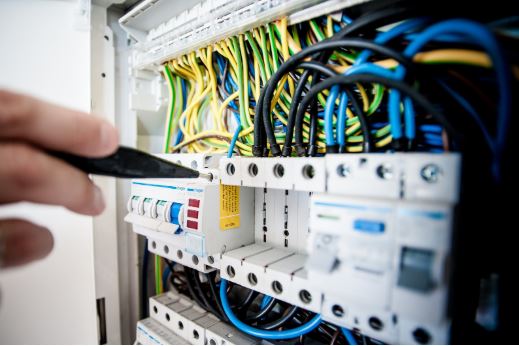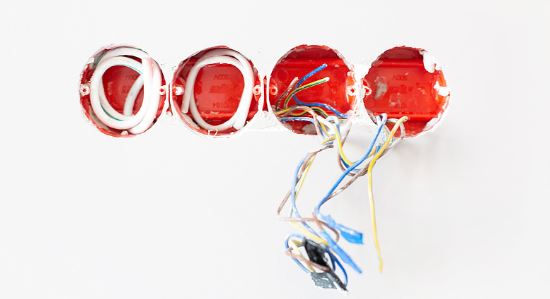 We live in an era of technological development where electricity plays an important part in our day-to-day operations. No one today can function without electricity. All our daily tasks require electricity. From heating up food to washing clothes, everything is done with the help of electric appliances. In fact, electric appliances have made life so much easier. Electricity has had a pivotal impact on all aspects of life.
We live in an era of technological development where electricity plays an important part in our day-to-day operations. No one today can function without electricity. All our daily tasks require electricity. From heating up food to washing clothes, everything is done with the help of electric appliances. In fact, electric appliances have made life so much easier. Electricity has had a pivotal impact on all aspects of life.
What exactly is an electronic leak? It is when unanticipated electric current flows from a circuit even when the power is off. Current can leak from all kinds of electronics ranging from personal computers to industrial equipment. It is most common in devices attached to capacitors including transistors and diodes that conduct a minute amount of electricity despite being turned off. This becomes a huge problem when electric leakage affects performance and wastes tremendous amounts of energy.
Another type of current leakage occurs when an electric current escapes out of its intended circuit rather than following an alternate course. This kind of leakage can be lethal to any human who comes in contact with it. Moreover, this escaped current can possibly result in fires and electrocution.
To prevent electrocution and energy wastage, take assistance from experts to help you catch the leak. According to the professionals from All Service Plumbers, diagnosing the problem and see where the leak is coming from is the first step. After this, the experts will fix it to make sure that the problem does not occur again. So make sure to weigh all of your options and choose the services that are right for your home. You can also ask an expert for regular maintenance and checkups to take preventive measures against an electronic leak.
Here are a few things that you can do yourself to minimize damage from an electronic leak:
Signs
Although electronic leakage is concerning, it is not something you should be paranoid about. Observe the signs of leakage. Check your electric bill regularly. See if there is an unexpected increase in your monthly electric invoice. Before you let your mind immediately think that your house has a leakage, ponder over your recent electric usage. Did you buy any new appliances that may have increased your bill? Did the electricity rates in your area rise? If lately, nothing in your home has changed at all there might actually be a leak.
Turn off the Main Breaker
Flip the main switch to turn off your breaker box to shut down the power supply to your house. Then take a look at the electric meter; if it is still running, you might have diagnosed a leak. This requires immediate attention. Make sure you call for help; it is not a DIY project that can be done without professionals. Be cautious when handling electric devices.
 Use A Detector
Use A Detector
If you are planning to use an electricity leakage detector make sure that you use one that is of great quality to get accurate results. A leak detector has a transducer that is susceptible to the noise coming from piping in your walls. If noise is detected on the machine, it is transmitted to the security system at a higher frequency. The intensified leak can then be diagnosed and swift action can be taken.
A detector should be checked prior to use to make sure it works properly. Let the detector warm up and run for about 5-7 minutes before you start using it. Move slowly around your house and if you sense a leak check it multiple times to verify and prevent a false alarm. Confirm that it is a leak that is triggering your detection. At times there are chemicals that cause a misdiagnosis. All leaks exhibit sounds.
Your electronic leak detector picks up on acoustics to find leaks in your toilets, drains, and water systems. Using a detector is a slow process that requires you to be thorough and patient. An electronic leakage detector is a handheld diagnostic tool that you wrap around a conductor to measure the current that is flowing in it. Since it is not directly connected to active current, it is safe to use and would not shock you.
An electronic leakage is an issue that should not be taken lightly. It is a matter of grave concern. If you suspect a leak in your home or office, be sure to handle all electric devices with care. Do not try to take care of it yourself; you could be fatally electrocuted or even start a fire. Leakage is an indication of inefficient conductor insulation. This is a common problem, especially in houses with old wiring systems. It is always recommended that you call a professional to help you out. This kind of leakage needs to be repaired skillfully to make sure it does not happen again.

